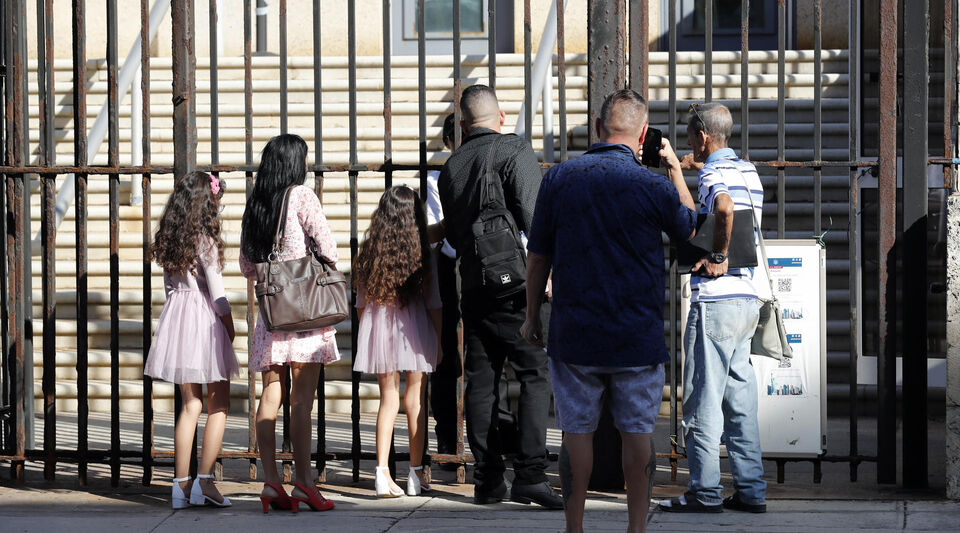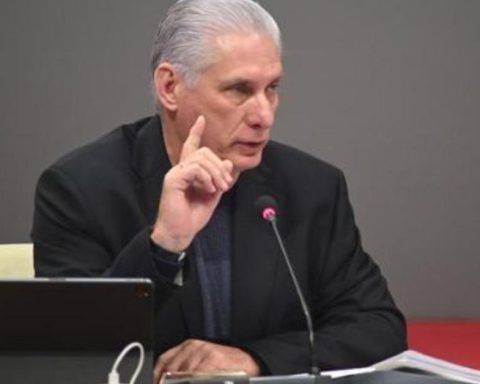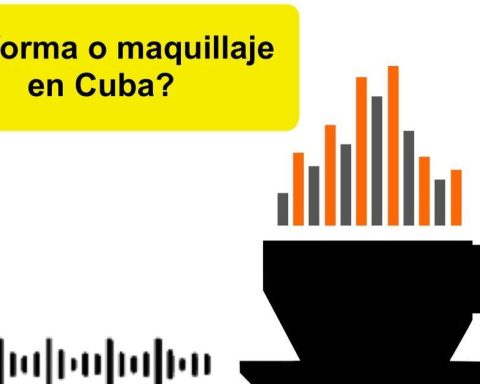(EFE) a two-year residence permit.
The United States will accept 30,000 migrants from these three countries who meet the following requirements: All applicants must have a sponsor in the US who agrees to provide financial support during their two-year stay.
Sponsors can be US citizens, permanent residents, immigrants protected with Temporary Protected Status (TPS) or asylees, who demonstrate that they can receive, maintain and support the beneficiary during their stay in the country under the program.
The sponsor must ensure that the beneficiary has safe and adequate housing. You will also need to help the beneficiary complete necessary paperwork, such as employment authorization, Social Security card, and services for which they may be eligible.
Several sponsors can come together to support an applicant, although they will have to explain to the Government why they want to share the responsibility
In addition, the sponsor will need to make sure the beneficiary has medical care for the two years, and help them get a job and access education, such as learning English. Minors under this program must attend school.
A sponsor may support more than one beneficiary, for example, for different members of a household, but must submit a separate application for each beneficiary, even if they are minor children of the primary beneficiary.
Several sponsors can come together to support an applicant, although they will have to explain to the Government why they want to share the responsibility. The ability of these supporters to support a beneficiary will be assessed collectively, the US Citizenship and Immigration Services (USCIS) warned.
The Government has recommended that applicants turn to organizations such as Welcome.us and the Community Sponsorship Hub for guidance on the process. All applicants must have a current and valid passport. They must also pass rigorous national security and public safety biometric and biographical examinations.
The request can be made from the country of origin or from Mexico. It is not necessary for the applicant to be at the border.
Venezuelans, Haitians, Cubans or Nicaraguans who enter the United States, Mexico or Panama without authorization after January 5, 2023 will not be eligible for this process.
The US Government enabled the CBP One mobile application so that after USCIS confirms the beneficiary’s information and eligibility, they can access the service to complete the process.
Through CBP One, the applicant will receive authorization to travel, which will be valid for 90 days. USCIS detailed this Friday that the approval of a travel authorization does not guarantee entry to the United States.
Customs and Border Protection (CBP) agents at a port of entry will inspect and consider on a case-by-case basis.
Venezuelans, Haitians, Cubans or Nicaraguans who enter the United States, Mexico or Panama without authorization after January 5, 2023 will not be eligible for this process. Including unaccompanied minors from the four countries.
USCIS issued that warning and cautioned applicants not to submit conflicting information because they are subjecting themselves to coyote scams that make false promises. The United States will deport those who do not comply with the process, using Title 42, which allows them to be quickly expelled at the border for health reasons.
________________________
Collaborate with our work:
The team of 14ymedio He is committed to doing serious journalism that reflects the reality of deep Cuba. Thank you for accompanying us on this long road. We invite you to continue supporting us, but this time becoming a member of our newspaper. Together we can continue transforming journalism in Cuba.















